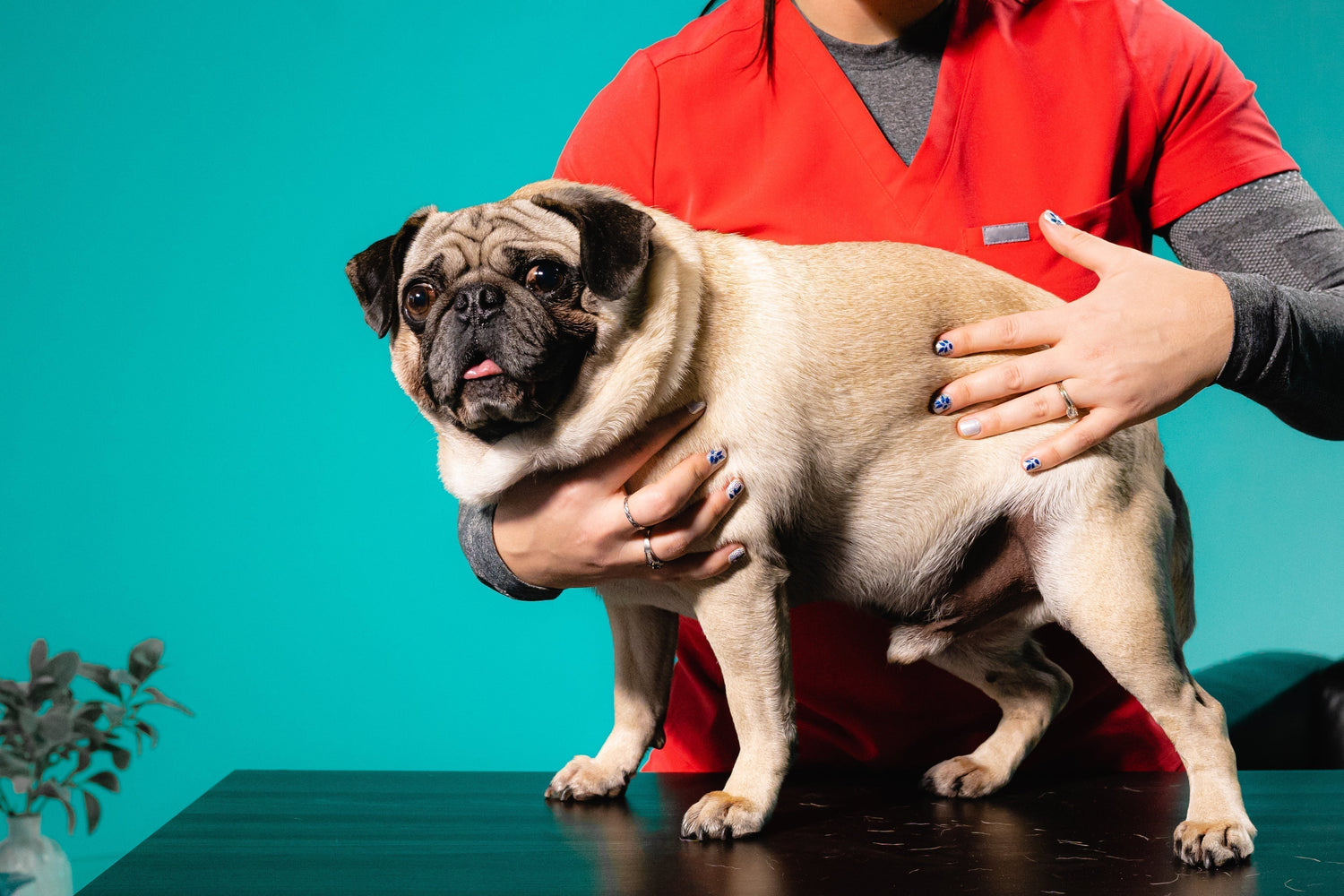It's hard to watch our best friends struggle with itchy skin and constant licking and scratching. That's why it's important to understand the various causes and take proactive steps to diagnose and treat their specific condition.
Why do most dogs itch?
The most common cause of itchy skin in dogs is fleas and other external/skin parasites. Regarding flea allergy dermatitis, a single flea bite can cause intense itching in sensitive dogs. Other major causes include atopic dermatitis, due to environmental allergy, often triggered by pollen, dust, or mold, and finally food allergies.
What role does nutrition play?
While food allergies account for 10-15% of all itchy dogs, they are still incredibly uncommon, affecting only 1-2% of the general canine population. Food allergies typically involve proteins like chicken, beef, or dairy. These conditions share the common clinical signs and symptoms include scratching, licking paws, red or inflamed skin, hair loss, frequent scooting (and anal gland issues) and frequent ear infections.
How do we identify the cause?
Because the symptoms of external/skin parasites, environmental allergens, and food allergies can look very similar, it’s important to work with your veterinarian to identify the true cause:
- Diagnosis starts with ruling out fleas and other parasites using preventive medications and a physical exam (advanced diagnostic techniques may be needed in some cases).
- If itchiness continues, a food trial is recommended using a hypoallergenic diet (one that does not trigger the immune system) or a novel diet (one that uses a protein your individual pet has not eaten before) may be recommended for 6–8 weeks to test for food allergies.
- If that doesn’t resolve the issue, your vet may consider atopic dermatitis, which is diagnosed based on a combination of history, potentially intradermal skin testing, and response to treatment. Treatment varies depending on the cause but can include flea preventatives, anti-itch medications such as Apoquel and/or Cytopoint, medicated shampoos, dietary changes, allergy shots, and in severe cases, immunosuppressants (medications that lessen the overactive immune system).
Working closely with your vet can help get your dog comfortable again and prevent skin problems from getting worse.






